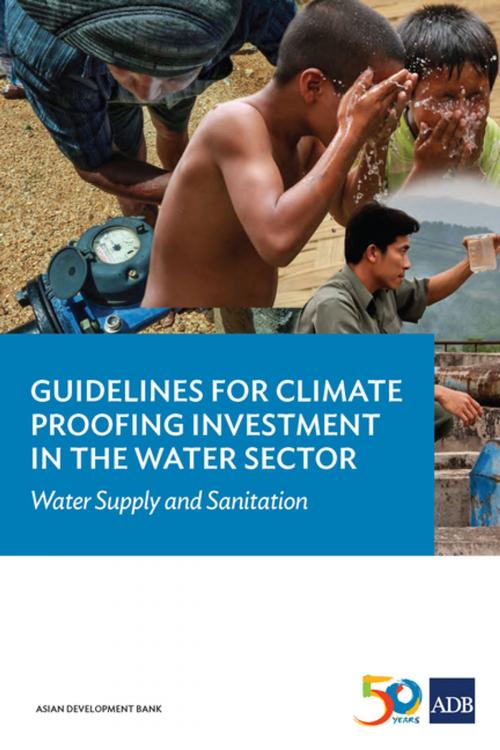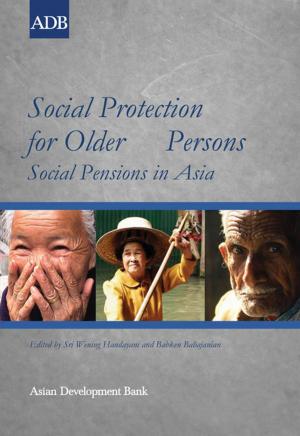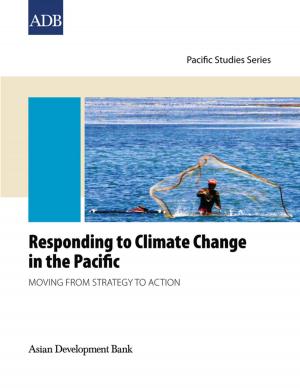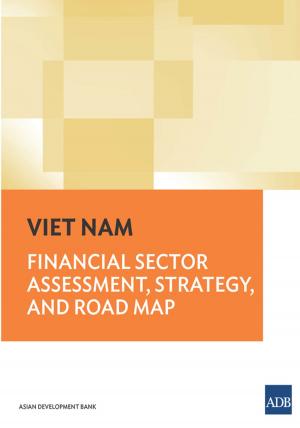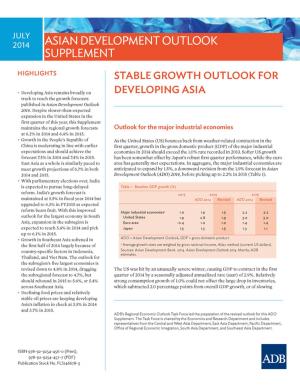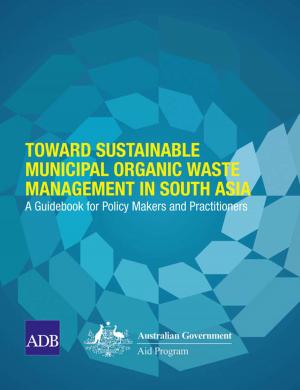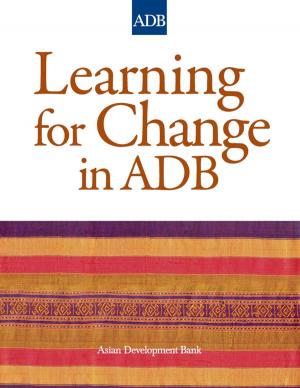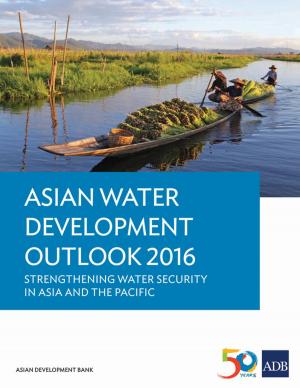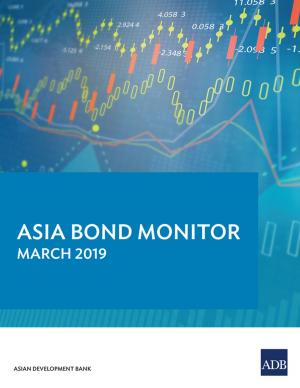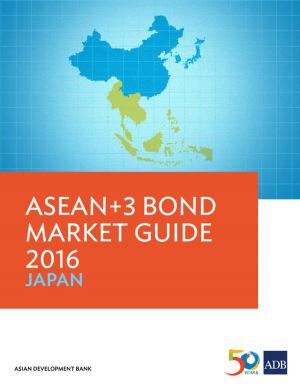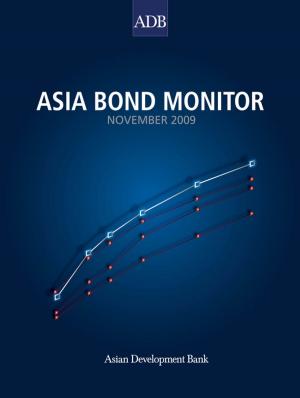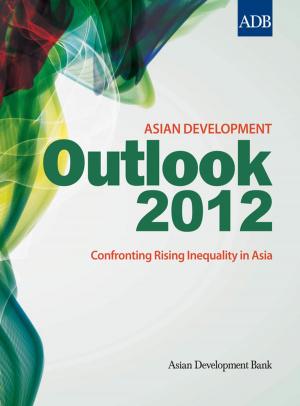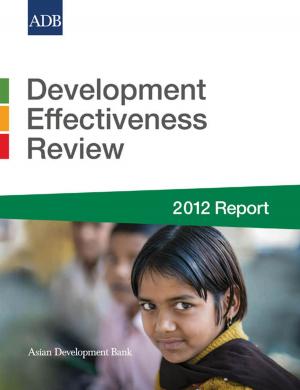Guidelines for Climate Proofing Investment in the Water Sector
Water Supply and Sanitation
Nonfiction, Science & Nature, Technology, Engineering, Environmental, Science, Earth Sciences| Author: | Asian Development Bank | ISBN: | 9789292576707 |
| Publisher: | Asian Development Bank | Publication: | December 1, 2016 |
| Imprint: | Asian Development Bank | Language: | English |
| Author: | Asian Development Bank |
| ISBN: | 9789292576707 |
| Publisher: | Asian Development Bank |
| Publication: | December 1, 2016 |
| Imprint: | Asian Development Bank |
| Language: | English |
The provision of water supply and sanitation services is particularly vulnerable to projected changes in climate conditions (temperature and precipitation among others), in the frequency and intensity of extreme weather events, as well as and in the projected rise in sea-level and the intensification of storm surges. The process of climate proofing investment projects aims both at assessing the climate risk to a project's future costs and benefits, and undertaking a technical and economic analysis of options to alleviate or mitigate those risks. Accounting for climate change at the outset of the project cycle implies that decisions about project design, and the adoption and timing of climate-proofing measures be informed with the possible impacts of climate change in the initial phases of the project cycle so that decisions of an irreversible nature will be avoided. This publication presents a step-by-step methodological approach to assist project teams in managing climate change risk in the context of water supply and sanitation investment projects.
The provision of water supply and sanitation services is particularly vulnerable to projected changes in climate conditions (temperature and precipitation among others), in the frequency and intensity of extreme weather events, as well as and in the projected rise in sea-level and the intensification of storm surges. The process of climate proofing investment projects aims both at assessing the climate risk to a project's future costs and benefits, and undertaking a technical and economic analysis of options to alleviate or mitigate those risks. Accounting for climate change at the outset of the project cycle implies that decisions about project design, and the adoption and timing of climate-proofing measures be informed with the possible impacts of climate change in the initial phases of the project cycle so that decisions of an irreversible nature will be avoided. This publication presents a step-by-step methodological approach to assist project teams in managing climate change risk in the context of water supply and sanitation investment projects.
